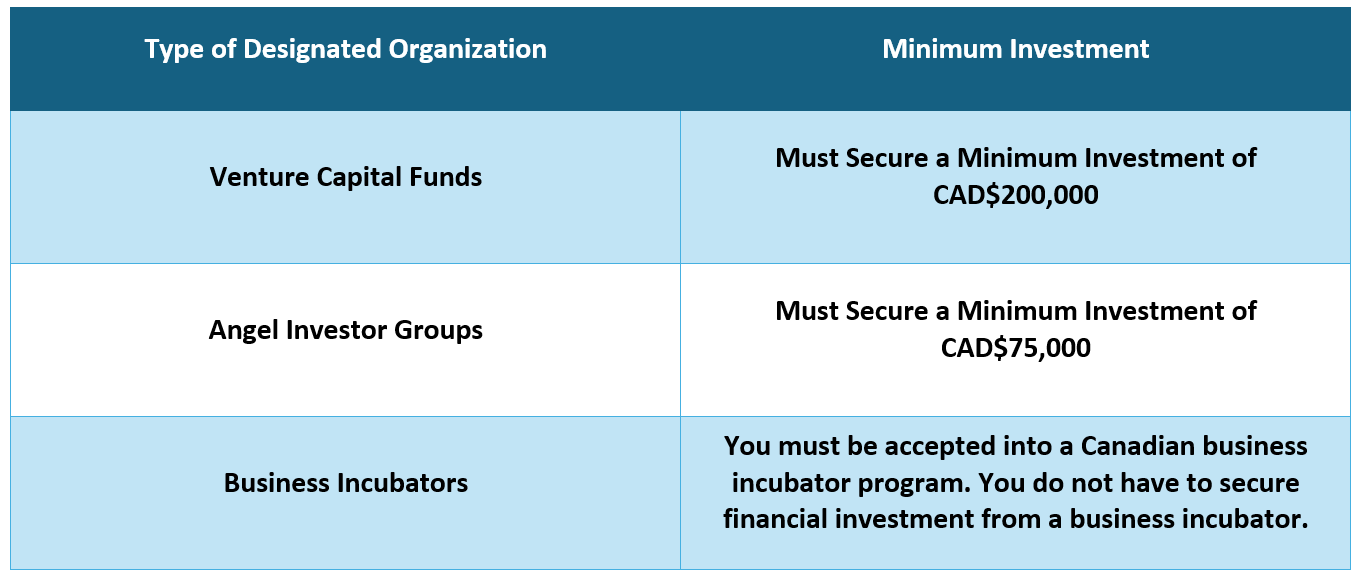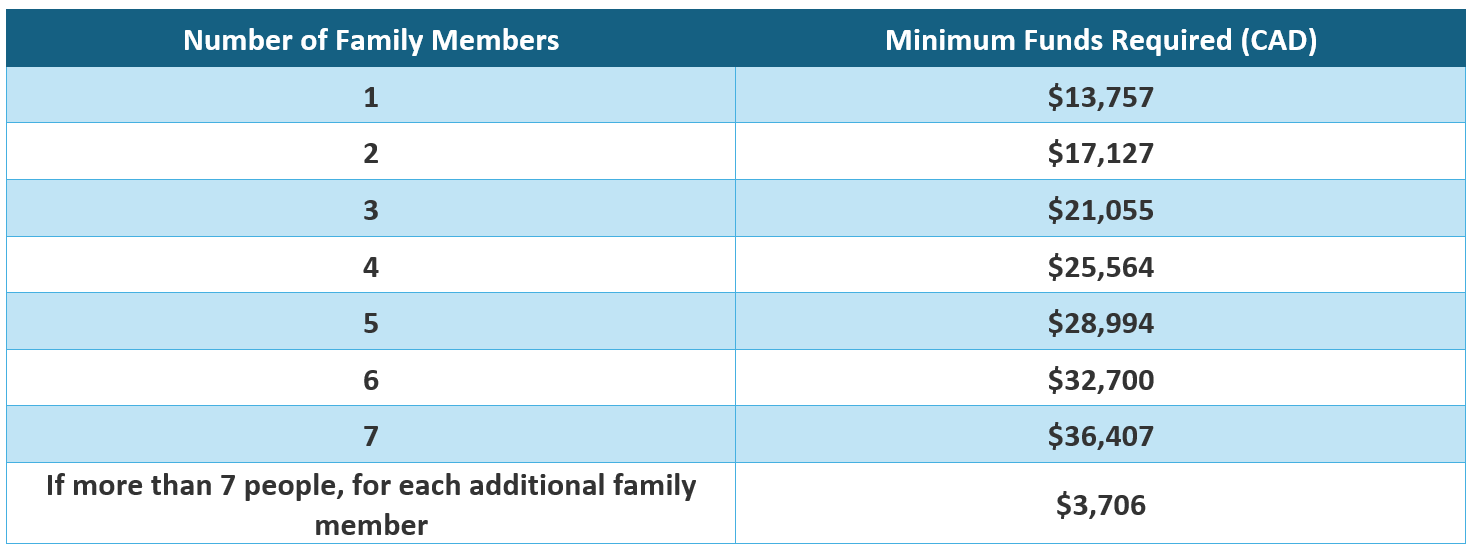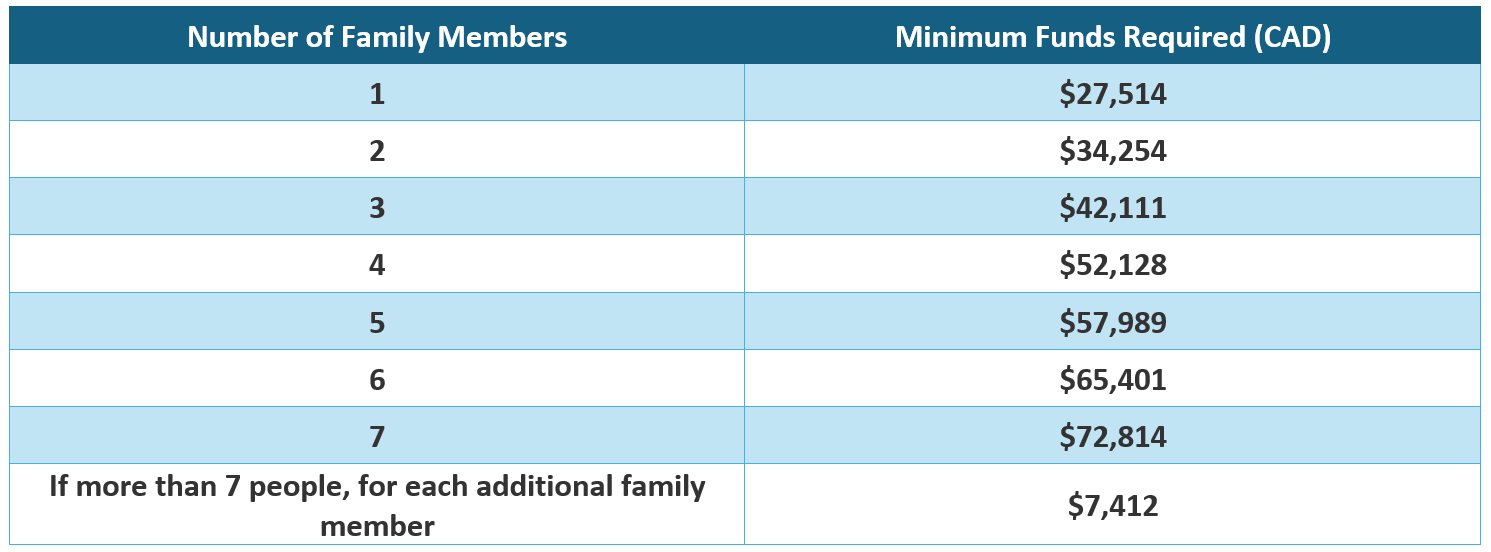
Canada's Start-up Visa Program (SUV) is a federal immigration program. It was first launched on Apr. 1, 2013, for a period of five years as a pilot. The SUV program became permanent in 2018 with its ongoing popularity. It is aimed at connecting immigrant entrepreneurs or Start-up Founders with experienced private sector organizations that specialize in assisting start-ups. The purpose of the program is to attract foreign entrepreneurs or Start-up Founders who have innovative businesses or ideas to contribute to Canadian economic and industry development and create employment opportunities.
Qualified applicants should be able to demonstrate that they have the skills and potential to build businesses in Canada that are innovative; can create jobs for Canadians; and can compete on a global scale.
Who Is the Start-up Visa Program Suitable For?
Why Should I Consider Joining a SUV Team as Co-Founder?
What Are the Key Roles and Responsibilities of Co-Founders in a SUV Application?
What Are the Competitive Edges?
What Are the Potential Drawbacks?
Key Requirements
1. Have a qualifying business, including a credible plan for the future active and ongoing management of the company from Canada.

3. Meet minimum language requirements in either English or French, equivalent to a Canadian Language Benchmark (CLB) Level Five.
You must demonstrate proficiency in English or French by taking an approved language test - IELTS General Training, CELPIP General, PTE Core, TEF Canada, or TCF Canada. Your results must be less than 2 years old and be valid when you apply.

4. Show enough proof of funds to settle in Canada
When you apply, you need to provide proof that you have the money to support yourself and your dependents after you arrive in Canada.

Please refer to IRCC’s website here to view most updated minimum fund requirements.
Processing Time for Permanent Residence under the Start-Up Visa Program
Optional Work Permit and Processing Time
For those who would like to start their business in Canada as soon as possible, applying for a work permit will be an option. You can choose to apply for a work permit and bring along your spouse and dependent children. Processing time for such work permit applications only takes a few months.
Minimum Fund Requirement for Your Family Size to Qualify for a Work Permit Application

Please refer to IRCC’s website here to view most updated minimum fund requirements.
Like any other immigration programs, it is important to realize that there is no guarantee that SUV permanent residency application will be approved. The successful rate was about 75% while more and more applicants are facing challenges when being asked about their business progress and commitment a year or much later after application submission.
While the only passive investment business immigration program in Canada – Quebec Immigrant Investor Program (QIIP) was put on hold from Nov 2019 till Jan 2024, Canada’s Provincial Nominee Business Programs have gradually turned into granting Work Permits instead of direct Permanent Residence visas. As a result, the SUV program has become more and more popular over the past years especially for applicants who would like to move to Ontario and British Columbia and prefer a direct PR pathway.
IRCC has gained experience over the past 10 years and has been questioning those who are joining the SUV program only for the sake of getting their immigration visa. Therefore, retaining well reputable licensed immigration consultants who have extensive successful experience in the Start-up Visa program and other business immigration programs will help tremendously.
If you are interested in the Start-Up Visa Program and would like to inquire about your options for immigrating to Canada, speak to a Regulated Canadian Immigration Consultant (RCIC) recognized by the Canadian government. Our professional team is dedicated to assisting clients on a personalized basis based on their individual needs and qualifications with suitable immigration programs towards attaining immigration to Canada.
For further enquiries, please contact us at 28683780 or email inquiry@rothe.com.hk
Official links on Canada's SUV Program:
Start-up Visa Program
What happens if my business fails?
Disclaimer
The information provided above is for general private reference purposes only and is not intended to be a comprehensive explanation of Canadian immigration laws or a substitute for professional legal advice. Rothe International Canada is not responsible for any losses caused by the use of the above information.
If you have any specific questions, you are welcome to contact Rothe International Canada directly at (852) 2868-3780 or fill in our online enquiry form.